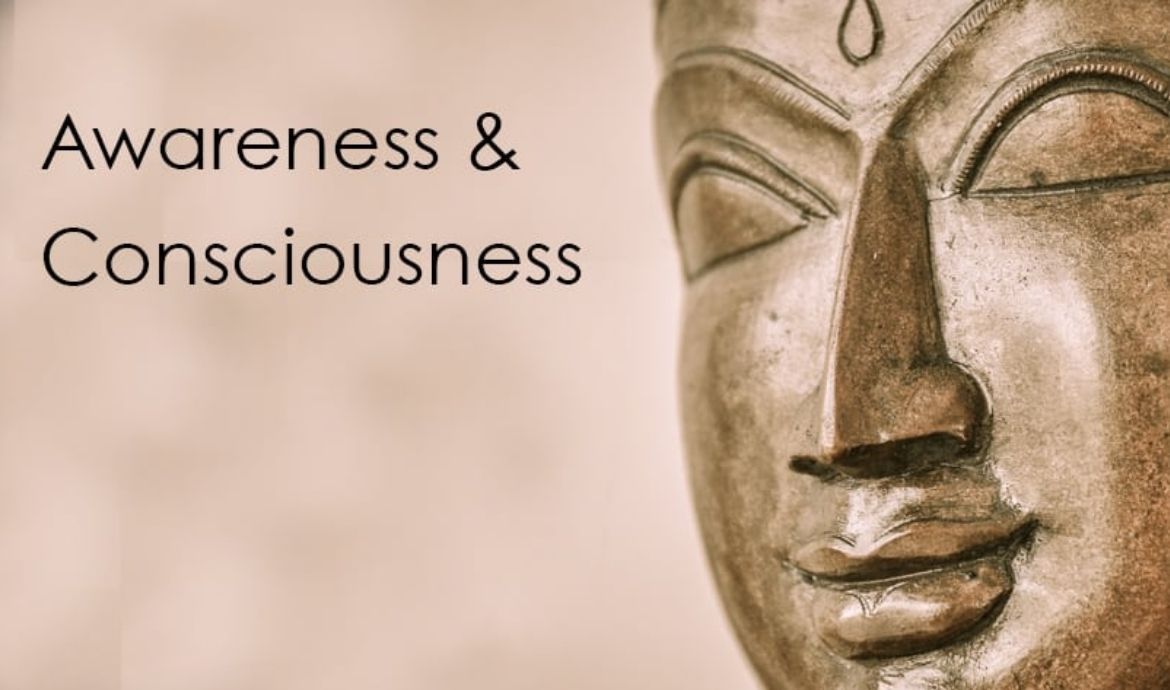
Spot It, You Got It
I’m sitting in a gorgeous raw vegan cafe in Ubud after having spent the last two hours sorting through photos from my Yoga Teacher Training the past 30 days. My cheeks hurt from smiling and my heart feels full with gratitude, so full that some of it has been leaking out of my eyes… There are countless insights I’ve gleaned over the past month, many of which will likely feature in the book I’m writing.
In reflecting on what’s been most profound for me, I find myself most struck by the closing activity we did at our graduation ceremony; a practice similar to how we end the 6 Senses Retreat, we shared what we saw in each person.
After thanking me for seeing her, my teacher – a woman whose integrity is commensurate with her humility – said to me, “You are wisdom embodied.” I couldn’t help but get choked up hearing those words, a tear surreptitiously sliding down my cheek.
And yet I would readily use that precise phrase to describe her. How was it so easy for me to acknowledge that about her, but not about myself?
This seemed to be a theme that often arose during the training – the importance of remembering that whatever we’re perceiving in the external world is a reflection of our internal reality. Spot it, you got it. When we recall that, rather than being limited to quiet contemplation and meditation for insights about self, we can realise self wherever we are and whomever we’re with.
When there’s an aspect of self that hasn’t yet been acknowledged and integrated, there will often be some emotion accompanying it. For instance, with one of the other faculty members on one occasion I felt some agitation inside me, so I put my attention onto it to bring it from unconscious to conscious and asked myself, What am I seeing? What do I feel like accusing this person of?
“He’s rough around the edges – unpolished” is what came up. So then to integrate the insight I asked, How is that true of me? Of course if I’m perceiving it externally, its a reflection of my internal reality – my belief that I’m unpolished as a facilitator. Without acknowledging this, it could easily turn into blaming. But, when using mirror theory, it becomes feedback, doesn’t it? Valuable information that I can now integrate (which I couldn’t previously because it wasn’t in my conscious awareness).
One of our teachers spoke of how there is a tale in ancient Hindu mythology about how supreme consciousness was one huge mirror and got bored with not being able to see itself so shattered itself into billions of bits. Each of us is one shard of that great mirror. Sure, it may just be folklore but given that’s the case with many of our beliefs, we may as well believe something that serves us.
Spot it, you got it.



